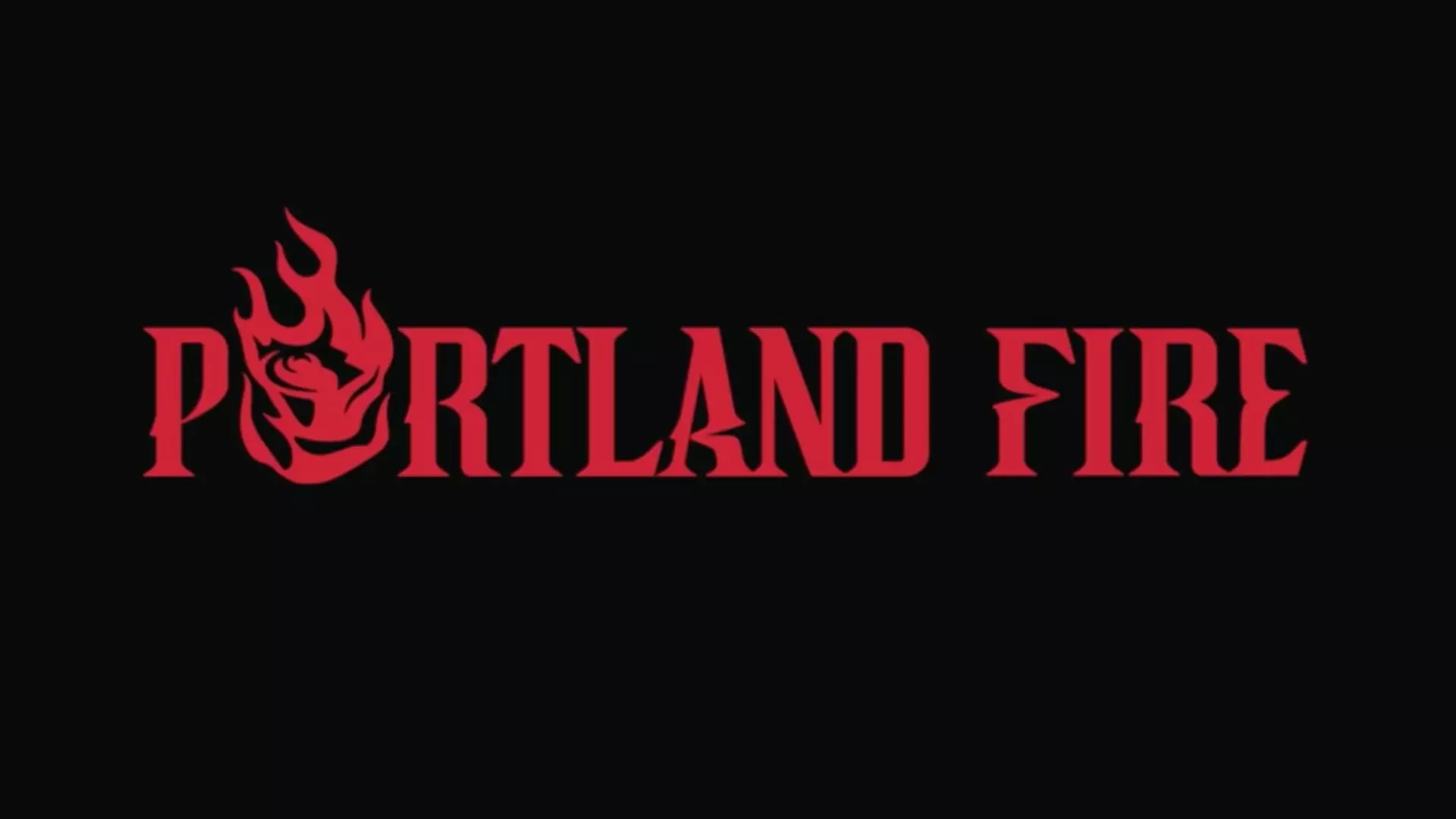The Portland Fire’s revival appears more like a superficial marketing stunt than a genuine investment in advancing women’s sports. By resurrecting the name of a team that only existed for two years, the franchise attempts to capitalize on nostalgia rather than substantive growth. The new logo, depicting a flaming rose intertwined with symbols of Portland—the bridges, Mount Hood, and the arena’s roofline—feels like a forced attempt to connect with local identity rather than an authentic expression of the sport’s future. While aesthetics matter, they shouldn’t overshadow the real challenges facing women’s basketball, which include systemic underfunding, lack of media coverage, and limited visibility. It’s easy to paint a fiery image of resilience, but the core issues persist beneath the symbolic flames.
Tokenism Over True Structural Support
Announcing a new franchise amid a burgeoning expansion may appear ambitious, but it exposes a deeply superficial commitment to gender equity in sports. The hype surrounding the milestone of 10,000 season ticket deposits sounds impressive, yet it’s primarily a marketing ploy to attract affluent, nostalgic fans rather than a sign of genuine support for women’s athletics. The move seems more about positioning Portland as a “pioneer” for women’s basketball again—ignoring the fact that the league’s growth is driven by corporate partnerships and unequal media rights that perpetuate a second-class status for women’s sports. Throwing millions into branding and shiny arenas does little if systemic issues like pay disparities, media neglect, and sponsorship gaps are not addressed.
The Illusion of Progress Through Expansion
While the WNBA’s expansion to 18 teams sounds promising, it risks creating a false sense of progress. Simply adding teams in cities with established NBA and NCAA soccer markets—such as Portland—does little to challenge long-standing inequalities. The real measure of success lies in elevating the visibility and competitiveness of the league, not just in increasing numbers. The emphasis on the franchise’s association with a “legacy” overlooks how little has changed since the original Portland Fire folded—long-term stability and community integration are still absent. Moreover, the league’s reliance on dual-sport training facilities with next to no public accountability implies that the league continues to prioritize corporate partnerships over grassroots engagement and fan development.
A Questionable Road Forward
Portland’s attempt to reignite its dormant passion for women’s basketball feels more like a strategic move to lure a new generation of consumers than an earnest effort to advance the sport. The focus on flashy branding and symbolic gestures neglects critical issues faced by women athletes nationwide, such as unequal pay and media exposure. Without confronting these entrenched inequities head-on, the Fire’s rebirth risks being a hollow gesture—more about image than impact. If the league truly seeks sustainability and growth, it must look beyond flashy logos and record ticket deposits and instead invest in resources, reach underserved communities, and challenge the systemic barriers that have long hindered women’s sports from reaching their rightful prominence.

